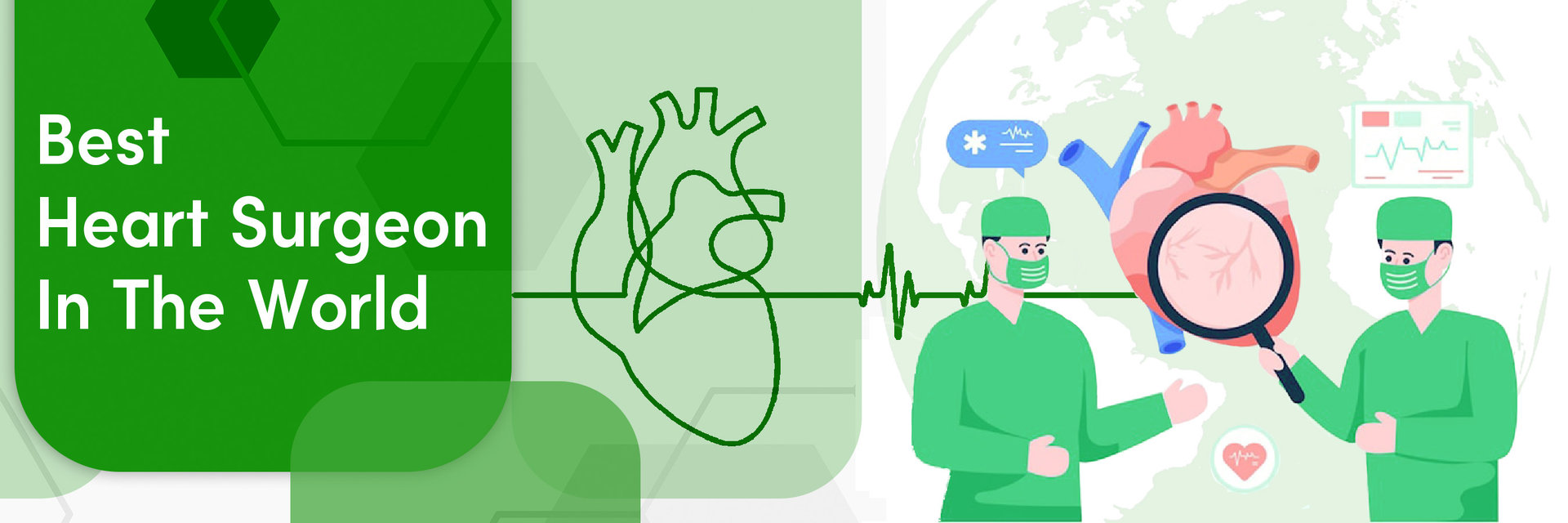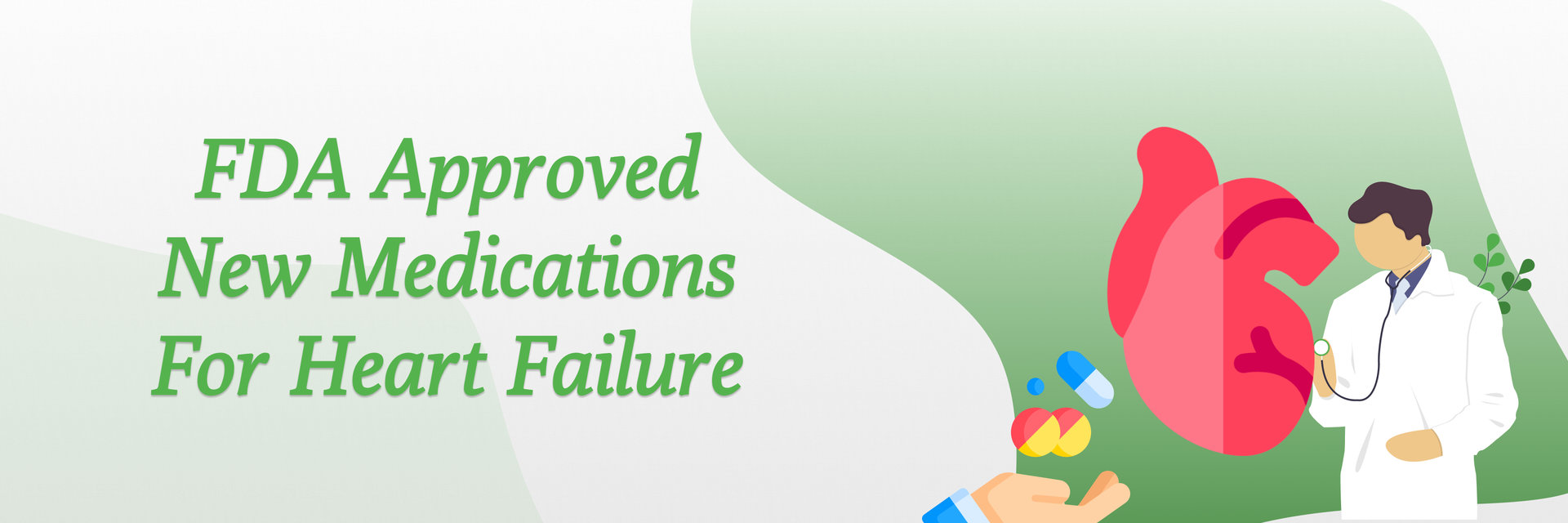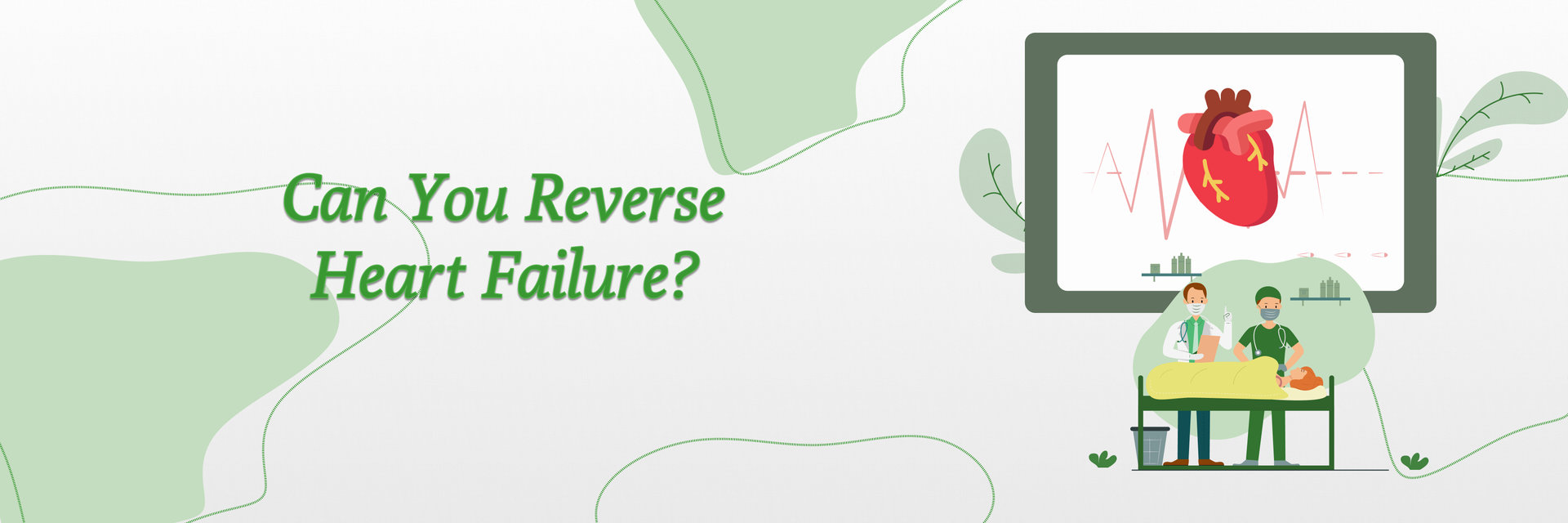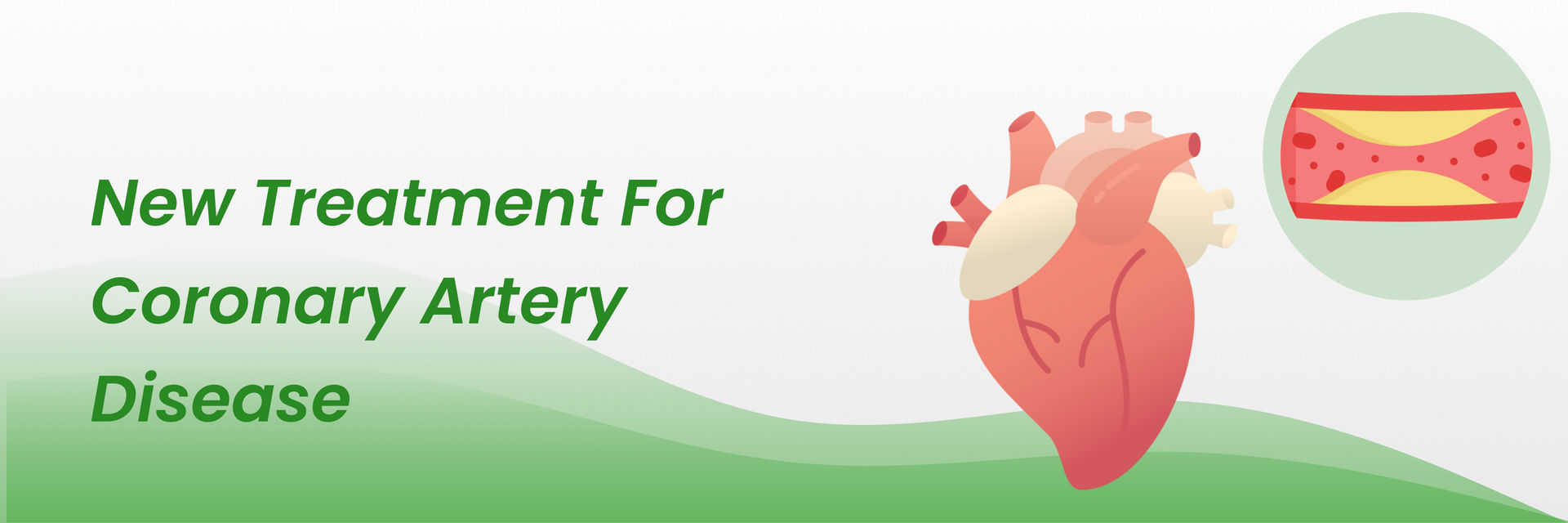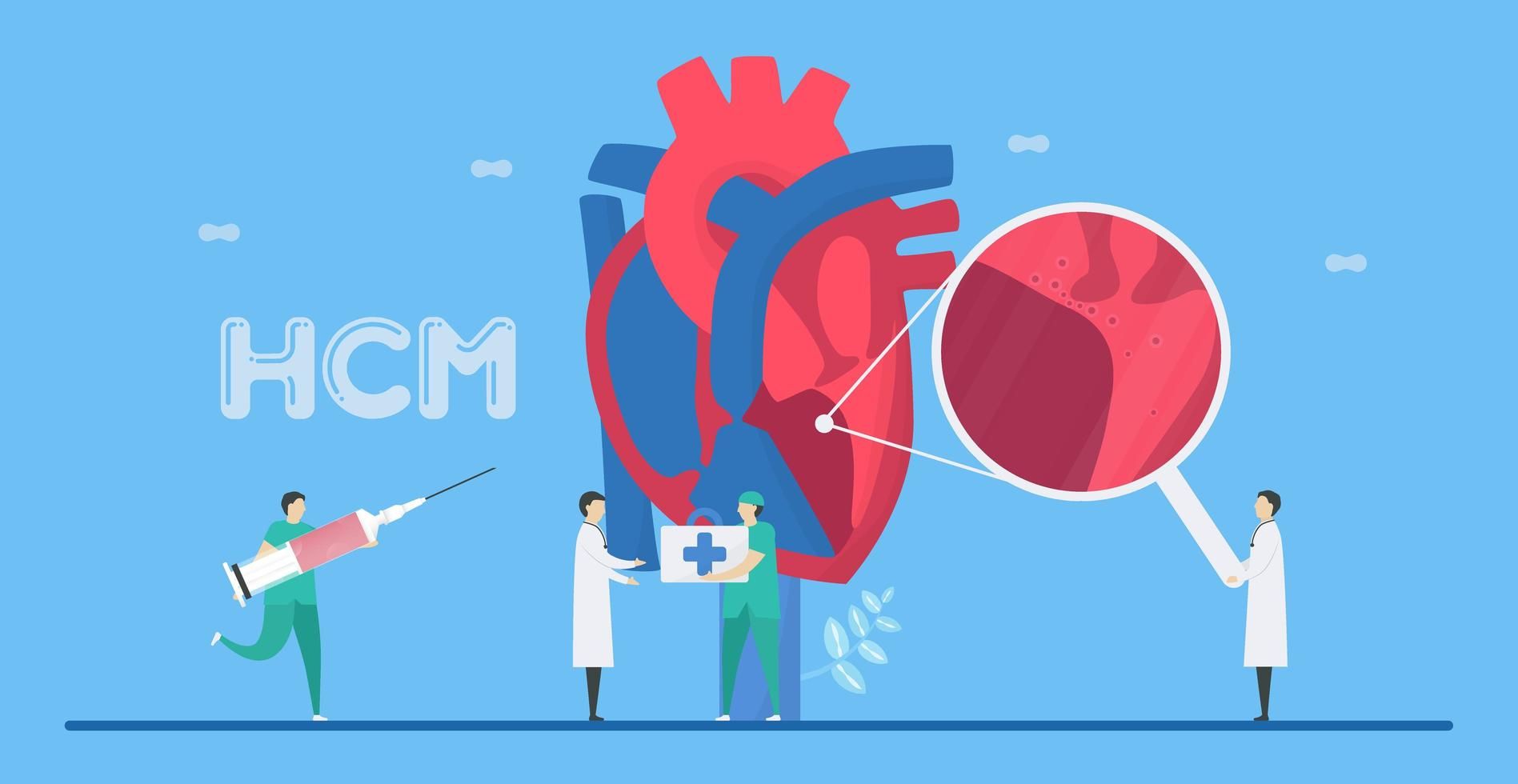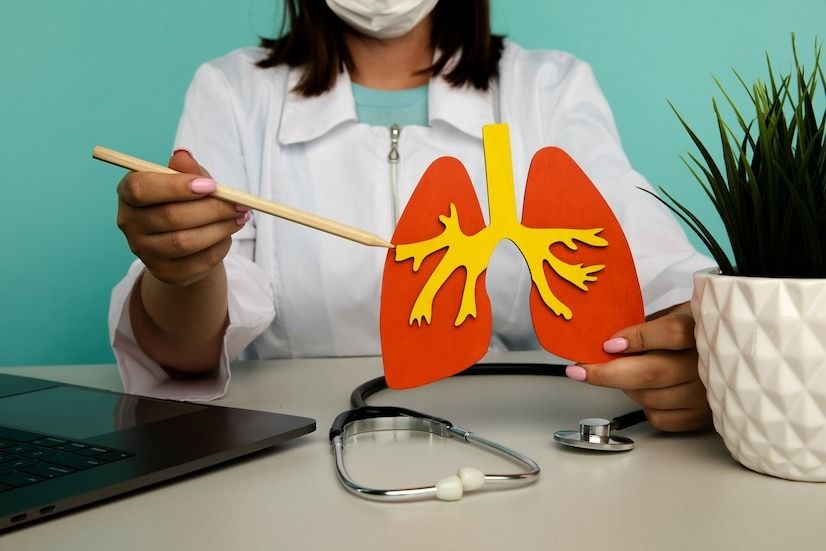Overview
Heart attack after bypass surgery, although rare, is a serious complication that can occur during the recovery period. Bypass surgery, or coronary artery bypass grafting (CABG), improves blood flow to the heart by redirecting blood around blocked arteries. Despite the surgery's success in many cases, some patients may experience a heart attack postoperatively due to various factors such as blood clots, graft failure, or other cardiac issues.
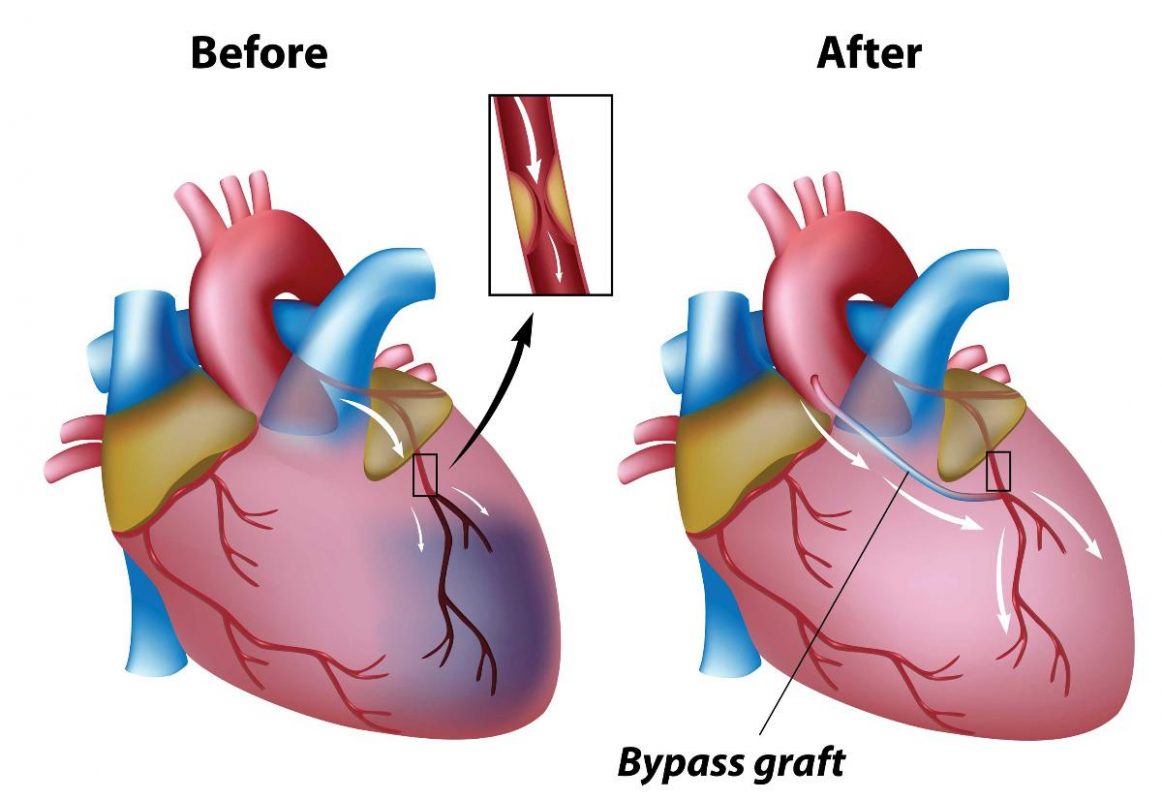
Here's what you need to know: Understanding the chances of having a heart attack after bypass surgery is crucial. We'll break it down for you and learn what it means for your recovery.
Chances of having a heart attack after Bypass Surgery
Heart attacks can recur after bypass surgery. That’s because, after heart surgery or a CABG surgery, the heart and the arteries become weak and thus need more care and attention. It is required mainly in the first month after the operation. Some patients can also suffer from a heart attack soon after having the bypass surgery.
Did you know?
The factors affecting heart attacks occurring again after bypass surgery usually depend on the following:
- The seriousness of blockages
- Patient’s health
- Older adults
- People who have diseases or medical conditions
- Those who already had heart attacks
There are tests like the ECG test, Angiography, echocardiogram, Cardiac CT Scan, Stress Test, etc., which can determine the chances of having a heart attack after bypass surgery.
If you would like to know about the costs, then check the various diagnostic tests here.
Chief Executive Officer & Chief Cardiac Surgeon of National Heart Institute,
New Delhi, Dr. OP. Yadava, said, "Bypass surgery does not reduce the total incidence of a heart attack. It only reduces the incidences of fatal heart attacks, but heart attacks are not reduced.".
As per his observation, none of the side branches, the microcirculation, or the 10–14 times each coronary artery branch are bypassed before it becomes a capillary. The main arteries and the microcirculation can both become saturated with cholesterol. Some places remain ischemic even after bypass surgery. If the graft fails, 3% of patients may experience a heart attack within a year.
Get an expert guide on managing your health after bypass surgery. Book your appointment with the best cardiologists in India for tips on prevention, recovery, and lifestyle changes.
What is the risk of a second heart attack post bypass surgery?
There are very few chances of getting a heart attack after bypass surgery, especially for those who have already undergone bypass surgery compared to those who have not.
- According to the American Heart Association, the risk of recurrence in the first month after surgery is less than 2%.
- The risk is less after one month of heart bypass surgery and decreases with time. However, within the first five years after surgery, the percentage of risk is 5 to 10%.
The risk of heart attack also increases with age and other health-related issues. There are a few other factors that also contribute to this risk, including:
Health Issues | Description |
| Unhealthy Lifestyle | It’s necessary to make lifestyle changes after bypass surgery to lower the risk of having a second heart attack. It includes some restrictions like refraining from smoking and following a regular exercise routine. One must also follow a healthy diet. |
| Other Health Conditions | Other underlying health problems like high BP or diabetes can be factors of risk for people who underwent bypass surgery. |
| Skipping Medications | It’s mandatory to take medicines and follow the doctor's suggestions. |
| Undergoing stress & anxiety | High-stress levels and anxiety can raise the risk of heart attack again. It’s important to manage stress and find healthy ways to confront anxiety. |
Symptoms of post-bypass surgery heart attack
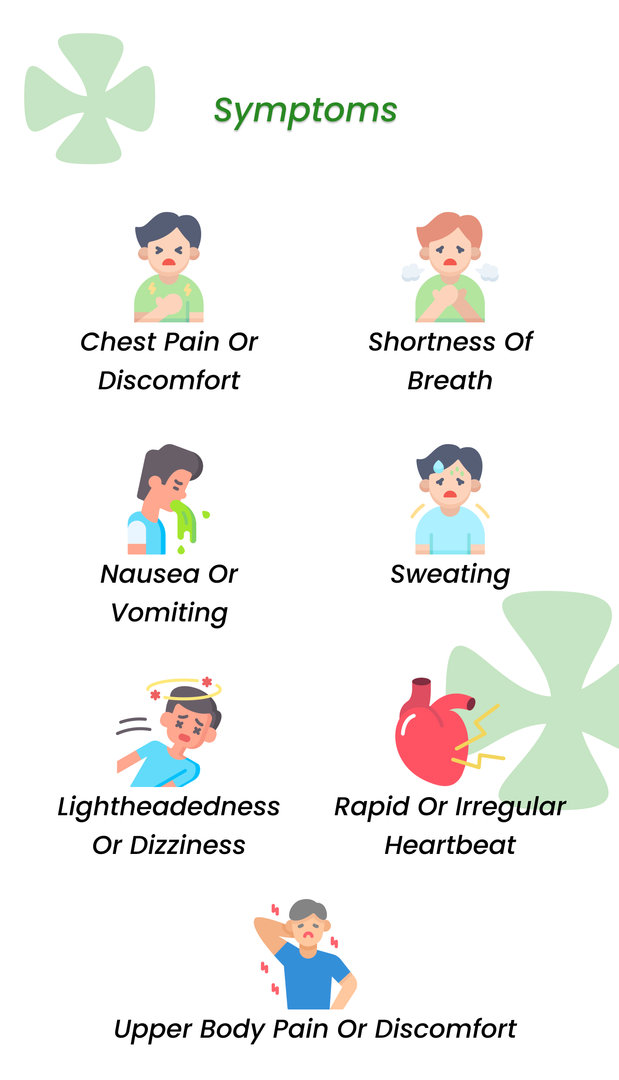
"Heart attacks after bypass surgery, while rare, highlight the importance of meticulous postoperative care. Patients need regular monitoring for potential complications such as graft occlusion or thrombosis. Adhering to prescribed medications like antiplatelets and statins, along with cardiac rehabilitation, significantly reduces the risk of post-surgical heart attacks and promotes optimal recovery." says Dr. Bhaskar Semitha, a renowned Cardiologist.
Is there a risk of death due to a heart attack after bypass surgery?
As per the research, studies stated that the risk of death due to a heart attack after bypass surgery is about 2.5%. The risk of death increases with the growing age of people, which is about 7% for patients above 70 years of age. Apart from this, a person’s history of heart failure, diabetes, or having had a critical operation in the past.
If a person doesn’t receive immediate and proper medical treatment in such a case, there’s a higher concern of getting a heart attack. The American Heart Association says that the risk of death is less for people who act quickly within an hour of seeing the symptoms than for those who receive treatment later.
The age factor can also vary. Most older adults have a higher risk of heart attack and death after bypass because of their health and immunity problems. However, with good treatment and proper medical care, patients of any age can have a good chance of survival.
Hence, if you observe any symptoms related to a heart attack, it’s important to get immediate medical attention from the doctors to reduce any risks of death and damage to the heart.
Take action on what can be done to prevent a heart attack after bypass surgery. Discover effective strategies and lifestyle changes to support your heart health.
After bypass surgery, how do you prevent a heart attack?
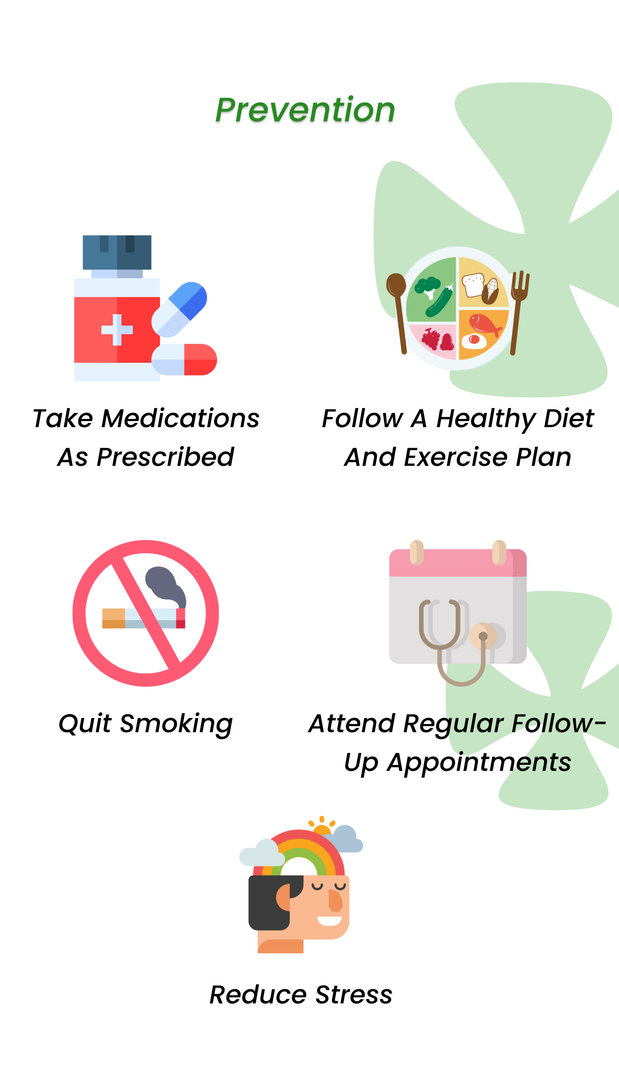
There are various treatment options available to prevent heart attack after bypass surgery. These include medications to dissolve the blood clot blocking the artery, procedures restoring blood flow to the heart, and other risk factors for heart attack. Regular monitoring can detect high blood pressure or hypertension in its early stages. It allows for prompt treatment and prevents long-term complications. You can use clinically validated blood pressure monitors for accurate readings even at home to keep track of your blood pressure.
Statins, beta-blockers, ACE inhibitors, angiotensin receptor blockers (ARBs), and aspirin are some of them. Patients need to take many steps to help reduce their risk of heart attack after bypass surgery.
By following these steps and working closely with your doctor, you can help reduce your risk of having a heart attack after bypass surgery.
According to Veronica, A Heart Dietitian, following the Mediterranean dietary pattern can reduce one's chances of having a second heart attack or stroke. She says, “In fact, the LYON study was an excellent randomized control trial, that showed eating the Mediterranean way reduced the chance of a secondary cardiac event by 30-70% which is pretty significant. Thus, The Mediterranean diet not only prevents cardiovascular disease, but it can prevent another cardiac event if one has already occurred.”
Risk of heart attack after bypass surgery in pediatrics
A heart attack after bypass surgery in pediatrics is a rare but serious complication. It can occur due to a clot in the bypass graft or a blockage in the native coronary artery. Symptoms in children can be similar to those in adults but may also vary depending on the child's age.
Chest pain or discomfort: This may feel like a pressure or squeezing sensation in the chest.
Shortness of breath: This may occur before or along with chest pain.
Fatigue or weakness: The child may feel tired or weak, especially with physical activity.
Rapid or irregular heartbeat: The child's heart rate may be faster or slower than normal.
Nausea or vomiting: The child may feel sick to their stomach or vomit.
Sweating or clammy skin: The child may sweat more than usual or have cold, clammy skin.
Children need to be treated by administering blood thinners and/or performing a procedure to remove the blockage. It is important for the child to be closely monitored and for any signs of complications to be addressed promptly.
Concerned about the risk of a heart attack after bypass surgery in your child? Don't worry we've got you! Here's a list of the top pediatric cardiologists you can find if you have any doubts about your child's health.
How can exercise reduce the risk of a second heart attack post-surgery?
Following an exercise routine after heart surgery reduces the risk of heart attack. It improves cardiovascular health and reduces other factors of heart disease, such as high blood pressure, cholesterol, and diabetes.
Some general recommendations for exercise after heart attack surgery include:
| Start slowly | Begin with easy activities and slowly increase the intensity and duration of your workouts over time. |
| Choose activities you enjoy | Focus more on activities you enjoy and are more likely to stick with over time. Walking, swimming, cycling, or other low-impact activities can help. |
| Warm-up and cool down | Try workouts with a few minutes of simple activities at the start and end of your exercise routine. It helps your body adjust to the change in intensity. |
| Listen to your body | Pay attention to your body. Stop exercising if you feel any problems like chest pain, shortness of breath, dizziness, etc. |
| Stay hydrated | Drink plenty of water to help prevent dehydration. |
| Take breaks | Take enough breaks and rest as needed to allow your body time to recover. |
Do you also want to reduce your risk of heart attack after bypass surgery? Schedule your consultation with the expert cardiologist for tailored advice and support.
FAQs
Can stress contribute to a heart attack after bypass surgery?
Yes, chronic stress can negatively impact heart health and increase the risk of a heart attack.
What is the role of cardiac rehabilitation in preventing heart attacks after bypass surgery?
Cardiac rehabilitation helps improve heart function, manage risk factors, and support recovery, significantly reducing the risk of heart attacks.
Can smoking affect the chances of a heart attack after bypass surgery?
Yes, smoking greatly increases the risk of heart attacks and other complications after bypass surgery.

